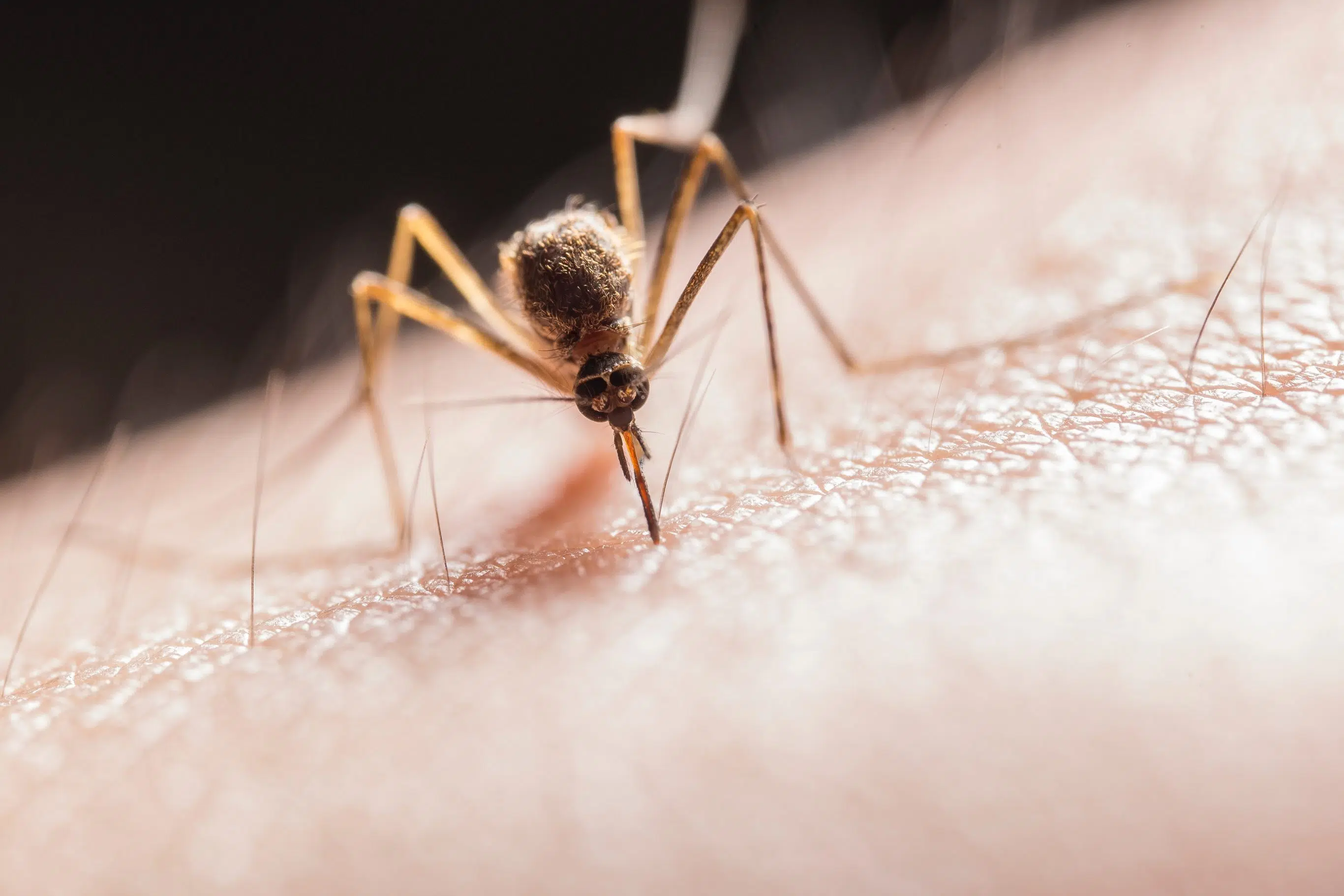
Public health has confirmed a pool of mosquitoes in the Picton area has tested positive for West Nile virus.
Confirmation comes following recent surveillance efforts by the South East Health Unit (SEHU), with officials saying this is the first pool of mosquitoes to test positive for WNv in Prince Edward County this year.
Meanwhile, just back in mid-July, the health unit also confirmed an American crow had tested positive for the virus in Brockville. This means there have been two recorded instances of the virus in the now combined health unit region.
As part of the health unit’s surveillance program, mosquito monitoring traps continue to be set at multiple locations across the region, noted officials.
The virus is described as an infection found in birds and is carried by mosquitoes that feed on infected birds – it can be spread to humans and animals through bites by infected mosquitoes, explained public health.
“Mosquitoes that may be carrying WNV typically appear in the second week of July, peak in numbers by mid-August, and decline significantly by the end of August,” added officials. “During these times, it is recommended that residents are diligent about protecting themselves and their family.”
Early WNv symptoms can include fever, muscle weakness, a stiff neck, confusion, severe headache, sudden sensitivity to light, tremors, numbness or vision loss. The majority of people who are infected experience mild symptoms or none at all; however, in severe cases the virus can cause inflammation of the brain known as “encephalitis,” said public health.
People who think they’re experiencing early symptoms are encouraged to reach out to primary-care providers.
“The recent identification of local mosquitoes carrying WNv and … the infection of an American crow serve as a reminder to take precautions to prevent mosquito bites and reduce breeding sites around your home,” added Bill Sherlock, manager of healthy environments for the health unit.
Mosquitoes are most active at dawn and dusk. If residents need to be outside during these times, they’re encouraged to wear light-coloured, long-sleeved shirts and long pants, socks and a hat, and use an insect repellent containing DEET or Icaridin, said the health unit.
Officials also recommend people remove sources of standing water because mosquitoes lay eggs in standing water. Ensuring screens on windows and doors also helps keep mosquitoes out.
If residents find a dead bird or other animal, people shouldn’t handle it with bare hands, as it could be carrying the virus, added officials. Public health recommends dead birds or animals be buried using a shovel and gloves at a depth of at least 50 centimeteres – or about one-and-a-half feet – in an area that won’t be disturbed.
Officials also ask that residents report clusters of dead birds or other animals.
Residents can learn more online or by calling the health unit at 613-966-5500 ext. 677.
(Written by: Sarah Hyatt)
